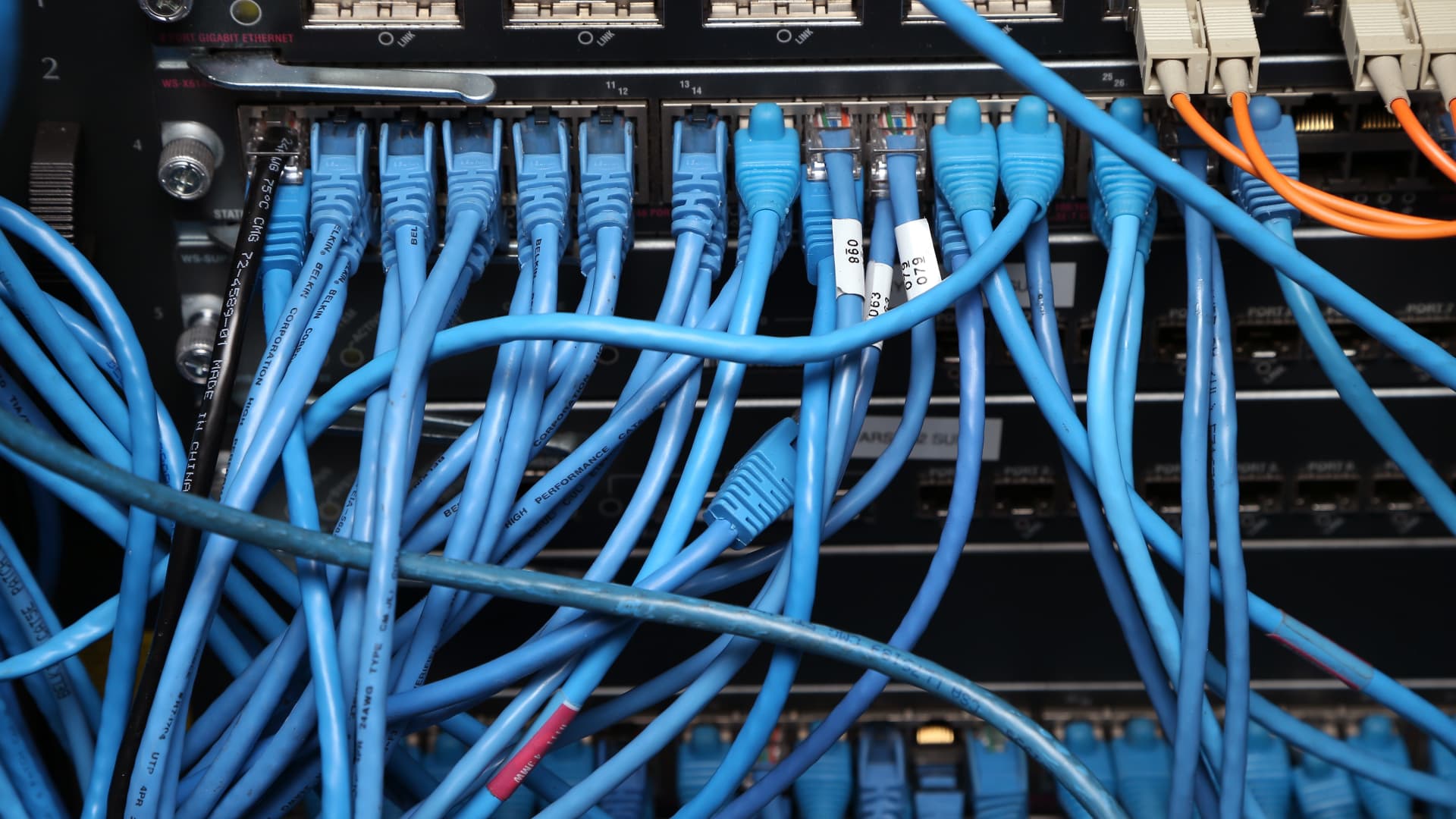A VPN company just became Lithuania’s second tech unicorn

Cyber firm Nord Security announced Thursday that it has raised $100 million from investors at a $1.6 billion valuation, making it Lithuania’s second tech unicorn.
The company is best known for its VPN product, NordVPN, which costs around $140 a year or $12 a month.
VPNs, or virtual private networks, allow users to disguise their online identity while they browse the internet. They can also help internet users access blocked websites and services. Other VPN companies include Turbo VPN and UFO VPN.
Founded in Lithuania’s capital of Vilnius in 2012, Nord Security’s team now stands at 1,700 people and it is recruiting a further 200 staff. It claims to be the biggest tech employer in Vilnius, where 500,000 of Lithuania’s 2.8 million people live.
The investment in Nord Security comes from Novator Ventures, Burda Principal Investments, General Catalyst and angel investors including the co-founders of second-hand clothes marketplace Vinted, which is the only other tech firm in Lithuania valued at over $1 billion.
Tom Okman, co-CEO and co-founder of Nord Security, told CNBC that this is the first time the company has taken external funding, adding the money will help Nord Security to expand its footprint beyond the 20 countries that it currently operates and build more products.
In addition to NordVPN, the flagship product, the company also has a password manager called NordPass and an encrypted cloud storage product called NordLocker.
The company has millions of users worldwide but Okman declined to disclose the exact number. He also refused to comment on the company’s revenues beyond saying that they’ve grown fivefold in the last five years and that the top markets are the U.S., the U.K. and Germany.
Russia and China
In early March, Russians were turning to VPNs to bypass the country’s tightening internet controls following the Kremlin’s unprovoked onslaught in Ukraine.
Russia’s internet has been subject to censorship for years, though major U.S. platforms like Facebook, Twitter and Google have been freely available, unlike in China where they are completely blocked.
On March 4, however, Russia blocked access to Facebook and it has threatened to block Google and Twitter.
Okman said the company saw a slight demand increase in Russia shortly the country’s forces invaded on Feb. 24, but the surge in growth was short-lived.
“When the sanctions came into place for digital purchases that had an effect,” he said, adding that a VPN can’t help people to bypass sanctions.
Birgir Már Ragnarsson, managing partner at Novator Partners, who joins Nord Security’s board, said in a statement that modern internet security requires a completely new approach to address the secular growth of risks from expanding data regulations and ever-worsening cyberthreats.
“Tom and his team are well-positioned to deliver and usher in the new era of internet security with a powerful and best-in-class suite of privacy and security tools, designed to protect information, accounts and network,” he said.